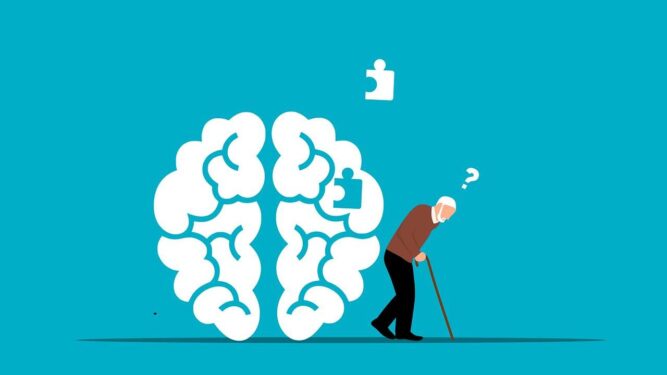THE Malaysian Health Coalition (MHC) and the Malaysian Society of Geriatric Medicine (MSGM) have called for urgent action to support the wellbeing of persons with dementia and also those caring for persons with dementia.
“The recent news that Tun Abdullah Ahmad Badawi has dementia is a reminder that dementia can affect anyone and has many long-term effects,” the groups said.
The former prime minister’s son-in-law and Health Minister Khairy Jamaluddin recently tweeted that Abdullah, who is also affectionately called Pak Lah, is wheelchair-bound and no longer remembers his family.
Khairy also shared on Twitter that dementia is a “very, very cruel condition because the body is there but the mind isn’t” and that Pak Lah is not seen in public anymore because the dementia has deteriorated to the point where he cannot function normally anymore.
“According to the Alzheimer’s Disease Foundation Malaysia’s (ADFM) estimates, over 200,000 Malaysians may suffer from dementia by 2030, with a 312% increase projected by 2050,” the groups noted.
“With only three years left to achieve the World Health Organisation’s Global plan, we urge the Government to complete the National Dementia Action Plan (NDAP), which was started in 2019 but was hampered by COVID-19.
“We expect the NDAP to enable inclusive policies and initiatives that address our multi-religious societal demands by emphasising respect, dignity, autonomy, and independence of people living with dementia, as well as affordable social care.
“The NADP must involve key stakeholders to promote awareness, education, treatment and geriatric care as well as measures to eradicate stigma on dementia.”
Both MHC and MSGM further urged the Government to expand the workforce to meet the needs of people with dementia, adding that dementia care is complex and covers care at home, in the community and in hospitals.
“This demands multidisciplinary input from geriatricians, geriatric psychiatrists, allied health professionals, and trained carers, among others,” they remarked.
In the 2019 MGSM report, it was revealed that there were only 40 practising geriatricians in Malaysia (0.19 per 10,000 people) – far behind the global target of 0.85 per 10,000 people.
In addition, there were fewer than 10 geriatric psychiatrists in Malaysia.
“We urge the Government to begin efforts to build capacity and expand the workforce, beginning with a comprehensive mapping of workforce numbers and services provided by both the public and private sectors across Malaysia.
“The suggestions outlined in the 2019 MGSM report should be considered. More importantly, funding should be ring-fenced to develop and provide access to specialist dementia services.”
Meanwhile, MHC and MSGM also proposed that the Government strengthen legal frameworks to protect the rights of people with dementia.
“Currently, the Mental Health Act 2001 and Mental Health Regulations 2010 govern the admission and treatment of patients deemed to have mental disorders, which includes dementia,” they said.
“However, a 2019 paper by Rajamanickam and colleagues highlights the inadequacy of existing laws to address the wider problems associated with dementia, such as decisions around finances and medical decisions.
To truly align dementia care with the principles of autonomy, dignity and independence, we urge key stakeholders to strengthen our existing legal frameworks to facilitate advanced decision-making.”
Both groups urge for strong steps to prepare the Government and the public at large on the potential consequences of being an ageing nation.
“Dementia should no longer be seen as part of ageing, but a medical condition needing specialized, high-quality, affordable and above all, humane care,” they added. – Sept 23, 2022











